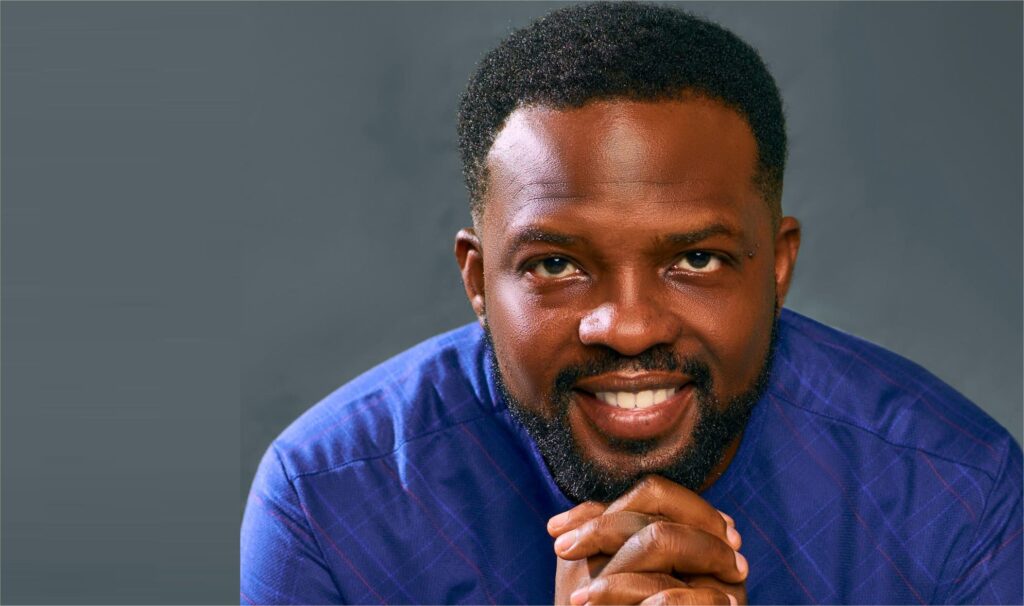
You are said to have trained over 50,000 Nigerians in business and digital literacy skills. Tell us more about this.
Yes, this has been a journey, but a very interesting one. We have a research publication called Building a Community. A STEM Community here in Nigeria for digital skills. That is basically the method as Africa is a community-driven continent. We’re a people-people, you know? We love people. We love communities. We love coming together. In 2018, Google funded a project that we were meant to deliver, but the project was so poor. However, we were hell bent on reaching so many people, so we built a volunteering system where we trained the trainers. But we didn’t just do that for the project. We developed it into a proper community that enabled them to go out to their own locality, train people empowered by us, and train other trainers in their spare time, so that those other trainers can train more people. In 2019, we put everything into an academic document or research and published it. We presented that paper in Thailand sometime in the same year. So with that document, we’ve been able to reach quite a lot of people with very minimal resources. We tried to push it through to become a national programme because that was basically what we’ve done in our only little way, and we thought that if it became a national programme pushed by the government, then it could even reach millions of people. We’ve not succeeded with that. We’ve not given up as well. But this is basically how we’ve been able to reach more people using tools. We have a mobile app called Mission T. We also use that to train teachers. We’ve had quite a lot of partners over the years, different kinds of partners who have supported our journey. So we keep doing what we do. I think we’re way above the 50,000 people mark today. And we just keep marching on.
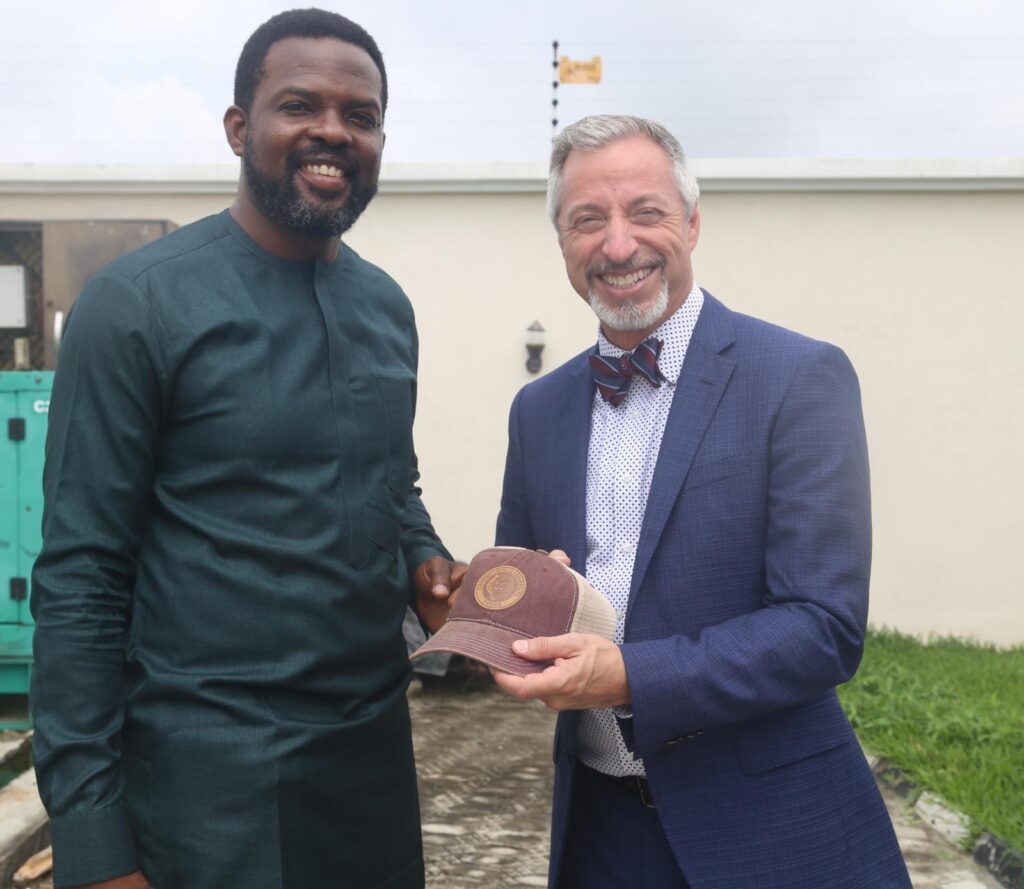
You are the current Chairman of ISN Hub. One, tell us what ISN Hub is all about. Two, would you say the Federal Government of Nigeria has been an obstacle or an enabler in the Innovation space?
Okay, I think that the government is an enabler and will always remain one, whether we agree or not. For ISN specifically, it’s been a journey. That journey got to a wonderful head with the role that ISN played in the Nigerian Startup Act, which was still a bill at the time. ISN handled or anchored the community engagements and the state meet-ups to ensure that when that bill was eventually signed into law, people from different states who normally wouldn’t care about what the Abuja people are doing, felt that they were a part of that act. So it means that there are synergies that we can develop if we remain open-minded and there are scales that we can achieve together. In fact, just yesterday, but it was in today’s news, ISN was named in the Startup Labeling Committee by the federal government, to say that in recognition of the role that we play in national development in the area of innovation, science and technology, we will present representatives on the Startup Labeling Committee. It’s not Charles Emembolu, it is that group and that body that will present people there. So that’s the news I woke up to this morning. I studied Innovation, Entrepreneurship and Science Park Development at Lund University in Sweden. In Sweden there’s something they call Vinova. Vinova, which is a national innovation ecosystem, is very similar to what the Startup Act enables for Nigeria. And one of the critical positions for a system like that is labeling. So how do you categorize a business? If you miscategorize it or you categorize it politically, or you don’t have professionals categorizing it, there’s nothing, no intervention programme that you deploy that will work. If you try to use a twine to pull a lorry, you know what will happen. So to answer that question, the government is an enabler and will always remain an enabler. And that is the approach we’ve adopted. We work very closely with them. A lot of the time, things don’t work the way we want but it’s also a lesson as education is happening along the way. You see, every government that comes talks about innovation, whether that’s in agriculture, or in tech, or in the creative sector. They all talk about innovation. All of them want to set up innovation hubs. Some people complain that they are competing with the innovators but I always tell them not to worry. The main thing is that they will try. They will see what we see. So when we come to talk next time, they will listen. They will also understand how to enable us and empower us. So there’s no need to worry. We should just keep moving. So they are enablers. And the biggest one at that.
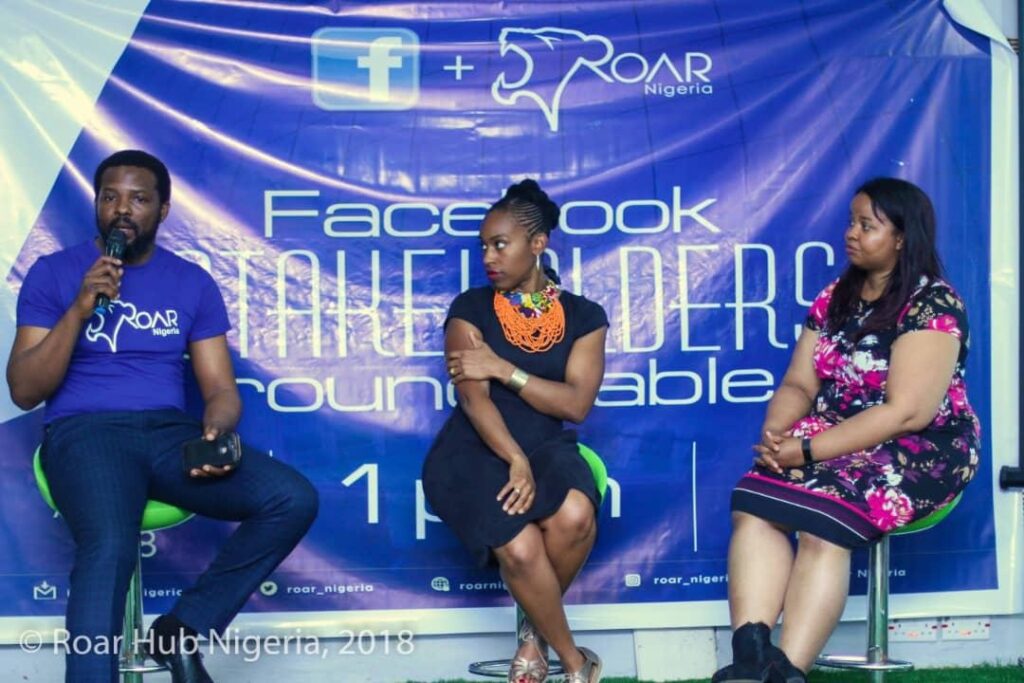
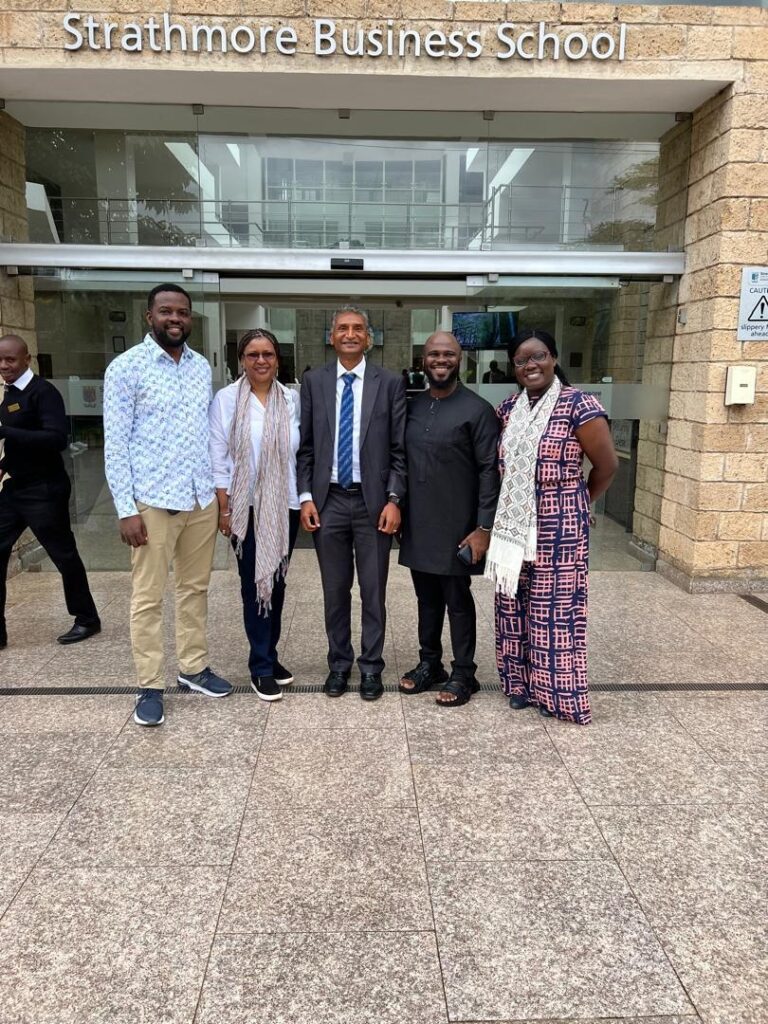
We are always hearing people say that Nigerians are blessed and gifted people. Having trained so many and given your full participation in the EdTech and Innovation space, what is your assessment of the Nigerian youth?
I tell you this, contrary to what some people might say, they are certainly not lazy…Lol. And I like giving examples. I have a guy who walked up to me on a ferry between Tallinn in Estonia and Helsinki last year and he said to me, are you Charles? And I said, yes. And he asked me another question before saying, you’re the reason why I’m here today. I said, I don’t understand. I don’t even really know you. And he says, I was at ROAR Nigeria Hub. Now, at the ROAR hub, we did not have an integrated STEM training. We just told them, listen, you can’t pay for developers. You’re students and you’re young so you better burn the midnight oil. Go and learn it yourself. So they were mostly self-taught. They didn’t even go through TechQuest programmes or anything like that. And if you know anything about Estonia, it’s a digital first nation. There are about 1 million people, but everything there is automated. So this guy says, do you know what it means to be a senior mobile developer in Tallinn? As a Nigerian, I have no foreign degrees, I’ve never been trained in any top school anywhere and yet I was recruited straight from Nigeria. They even did all my paperwork and brought me to Tallinn. So, I say this not to boast, but to say I’m proud that I am part of such a story. But it is also a testament to the fact that Nigerian youth are smart, they are not lazy, and they are achieving many, many great things across the world. And those stories should be told far more than the negative ones that are always cropping up.
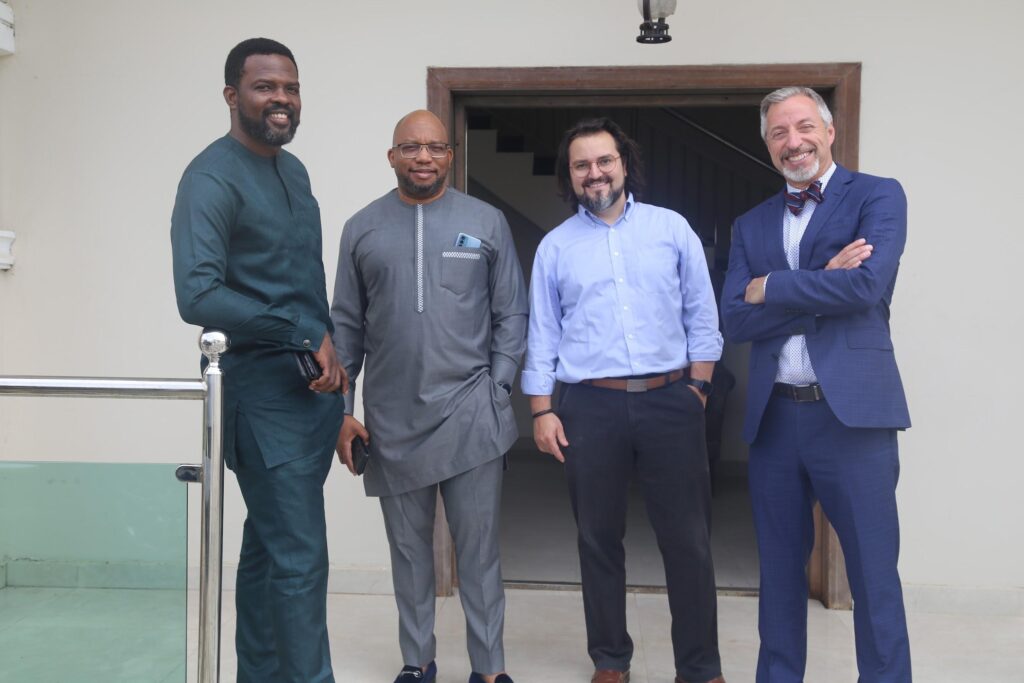
Will ISN be considering innovation HUB set up opportunities for primary and secondary school students to help them participate actively in the innovative economy space by the end of high school education?
The answer is yes. We would love to if only we had the resources. I will speak for myself on this. Going by some of the strategy sessions and interactions I have had, this is what I will say. If your house is burning and you have a room where your certificates are, you may want to focus on that room and either get the certificates out or quench the fire right there. So just like TechQuest, we started focusing on 6 to 16 year olds. By December 2020 the unemployment rate had hit 30%. And unemployment concerns 18 years and above. So you can see why at that point we had to immediately switch focus from 6 to 16 year olds or to the room where the certificates were burning, as it were. We still do our summer camps for 6 to 16 year olds when they are on holiday but we had to switch focus to where people needed to get into the workforce very quickly. So the answer is yes. I think that is a key place where government enablement is required because a lot of the economic models or economic driven models that support training and innovation hubs, that support training and innovation hubs above 18, do not exactly work at 6 to 16. That therefore means it needs to be de-risked. It needs something like the government bringing in funding that just trains these people without any worries. So I think that the answer is definitely yes, subject to the availability of resources.
Congratulations regarding the prestigious Business Finland TEMPO funding that your Edtech organisation, Dexude was recently awarded. Tell us more about this funding and about Dexude’s mission.
Thank you. So, the Dexude mission is that we want to be able to reach a billion people over the next decade. And we’ve thought about the ability to scale training. Like you have heard, I’ve done training since I was young. And I see the problem with scaling training. There are about 80 million unfilled job roles in tech today across the world. That is a very big problem. And Africa, on the other hand, is complaining about a lack of jobs. So what we decided to do with Dexude is to go the non-traditional route. What do training organizations lack? Find innovative ways to give them that. What do learners lack? Find innovative ways to give them that. What do training partners like governments or NGOs and policymakers lack? Things like data. We find a way to give them that and then use tech or digital platforms to reach aggregates of communities. The current pilot scheme that we are running in Nigeria speaks to things like the fact that training organizations typically never have full classes. So, if you wake up now and decide to start training, maybe you will do a small lesson in your home because you can’t pay for a big classroom. Sometimes you don’t have the digital tools that will enable you to deliver. If you want to do Zoom that lasts more than 40 minutes, you have to pay in dollars to somebody. The marketing budget, you don’t have it. So, we decided to create a platform that provides for some of these things. And then, if you’re a student and maybe you’re not even young or perhaps you’re even a 40 year old banker who has suddenly lost his job, but you have 20 years of experience under your belt, and you’re trying to pivot your work skill, right? But you don’t even know where to start, Uzo AI is there to help you. Just talk to it, like you talk to a ChatGPT and it will guide you, show you the different career options that you have, how much you can earn, places you can learn it and basically just simplify all those kinds of things. So, Dexude is just your skill partner at scale. Andela had to train people physically and keep them on the bench. We are not even talking about placing people yet, because we know that if they are well trained, there are jobs out there looking for them. If you know any chief information officer at any corporate organisation in Nigeria, ask him if he has open jobs, he will tell you yes. The problem is that the people applying do not have the skills that he’s looking for. Dexude is here to solve that problem at scale.
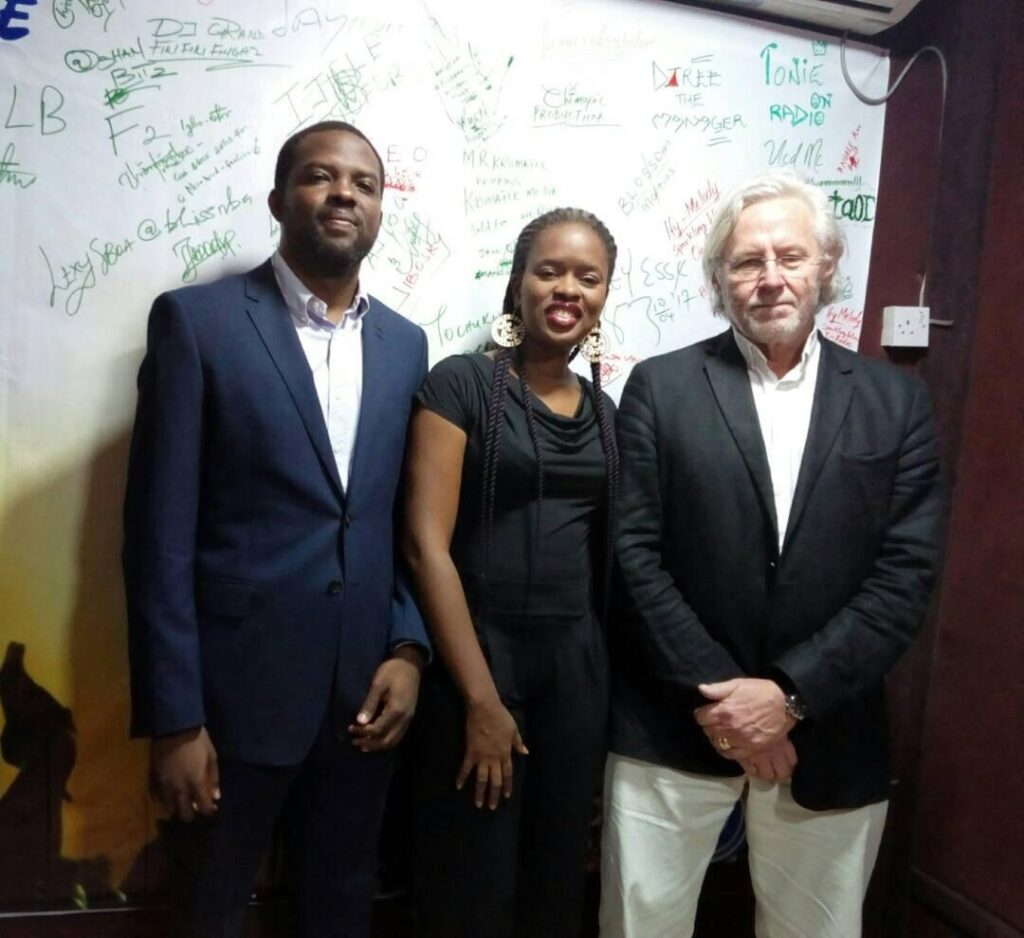
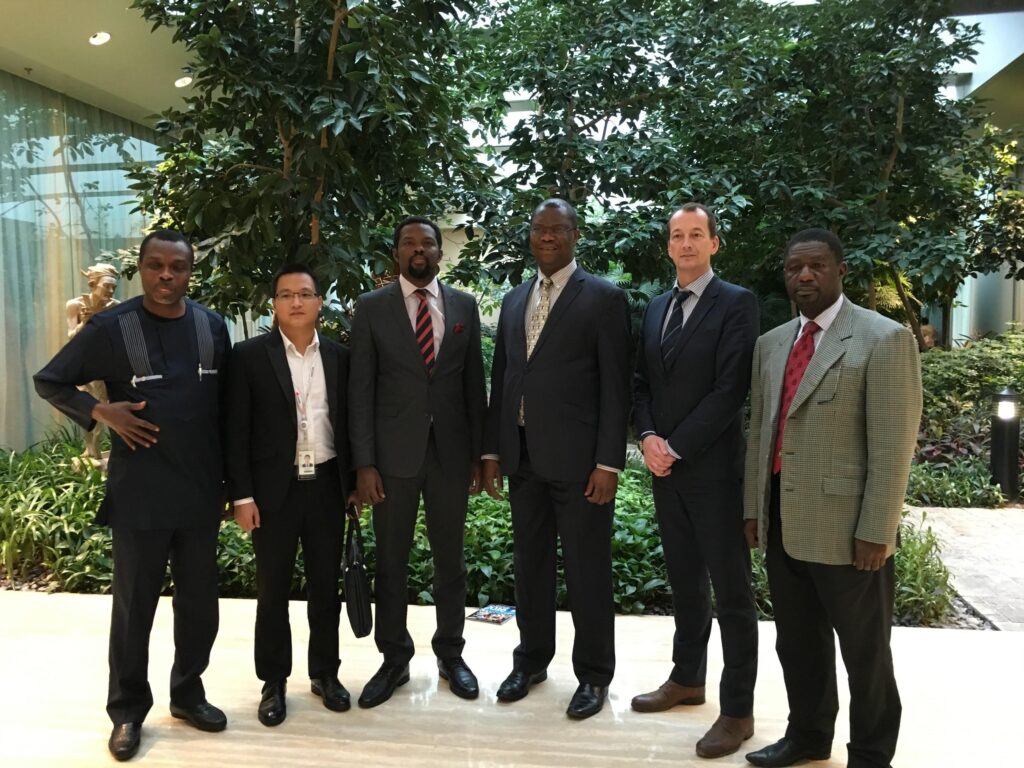
Are there many opportunities out there for funding? Are Nigerians generally aware of them?
Hmmm…There’s more money chasing Africa than Africa needs, directly or indirectly. What is lacking is capacity, understanding and the misplacement of capability. There are several foreign organisations that are very, very front-seated in supporting different people, not just my own company. I have seen where an organization, government, or NGO is ready to give out $1 million, for instance, but there’s no Nigerian company in that space that has proven capacity to receive it. I’ve seen tenders go out for development, for grants, for projects, and then come back with no viable party. I’ve seen where organizations like the EU have had to take calls back out to Europe so that they can find people that have the competence and capacity to deploy. It’s a shame because that’s one of the very few regrets I have about ‘Japa’. I think ‘Japa’ is a good thing, by the way. I don’t think there’s a problem with it. But the regret is in some of the losses, the huge losses that we’ll experience, because some of our best leave. Let me take myself as an example. The first round of banking consolidation from around 2006 to around 2010, most of the people that I worked with in deploying a lot of that core infrastructure have left the country. We still maintain a few contact groups but if I host my birthday party in Lagos today, maybe two people out of those groups will turn up. If I host it in Canada, 40 people will turn up from the groups. If I host it in the UK, the same thing. If I host it in America, the same thing. But I can tell you this, that crop of people were some of Nigeria’s finest in that period. People who have deployed systems in our environment with all of its peculiarities. They know that NEPA can fail. They know that a truck can fall. They know all those things and yet they were able to deploy successfully. So they have unique experiences plus the knowledge and know-how. But to come back to your question, yes, I think there’s a lot of money and opportunities for funding. But it needs to be met with capacity, capability, and understanding and that is in short supply. Let me also add that before I took on the roles that I now play with ISN, I would typically only tell you about my own experience. But in the last two or three years I have been in the front seat of supporting organizations beyond my own. So these days I can have people calling me from Zaria saying there’s this grant that is coming to the North. They want to give us, they say it’s up to $5 million, but we need a company that has been able to do at least $500,000 turnover in the last year or two. And you find out they’ve only done $20,000. How can you then give them $5 million? So that’s what I was trying to say in terms of capacity.
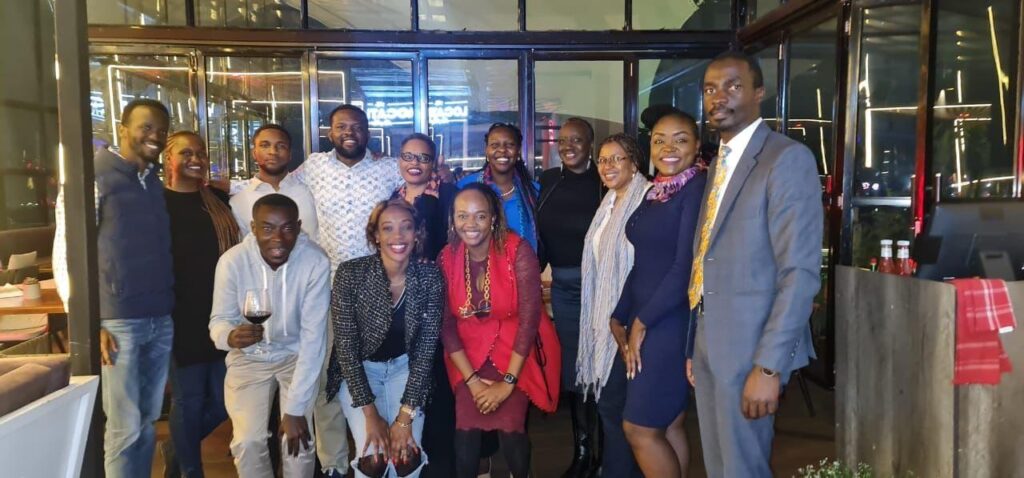
Nigeria’s high unemployment rate poses much danger for the country. What can be done to bring it down?
Well, I think we’ve touched on this a little already. The very first thing is that we need to embark on an education system overhaul. In tech, a lot of startup founders and people who need more advanced tech talent, would typically tell you that in Nigeria, yes, there’s an abundance of people but it’s just quantity rather than quality. Increasingly, we have university graduates that can hardly draft a letter, not to talk of having coding exposure. So we need to embark on an education overhaul. We also need to shift our focus from just certificates to problem solving. People that leave school with a skill that solves a problem rarely ever run around looking for work. So that shift is something we still pay lip service to. And I think that to achieve that in 2024, we must move away from the traditional systems. We must ensure that we adopt technology in deploying those changes. Are we ready? I don’t think so. But we just keep doing what we are doing. But that has to happen for that danger not to materialize. However, if it does not happen, it portends disaster for Nigeria. We’ve already seen some snippets of it. Some call it a religious problem. Some call it a political problem. Some call it a tribal problem. I think it’s an education problem that we have.
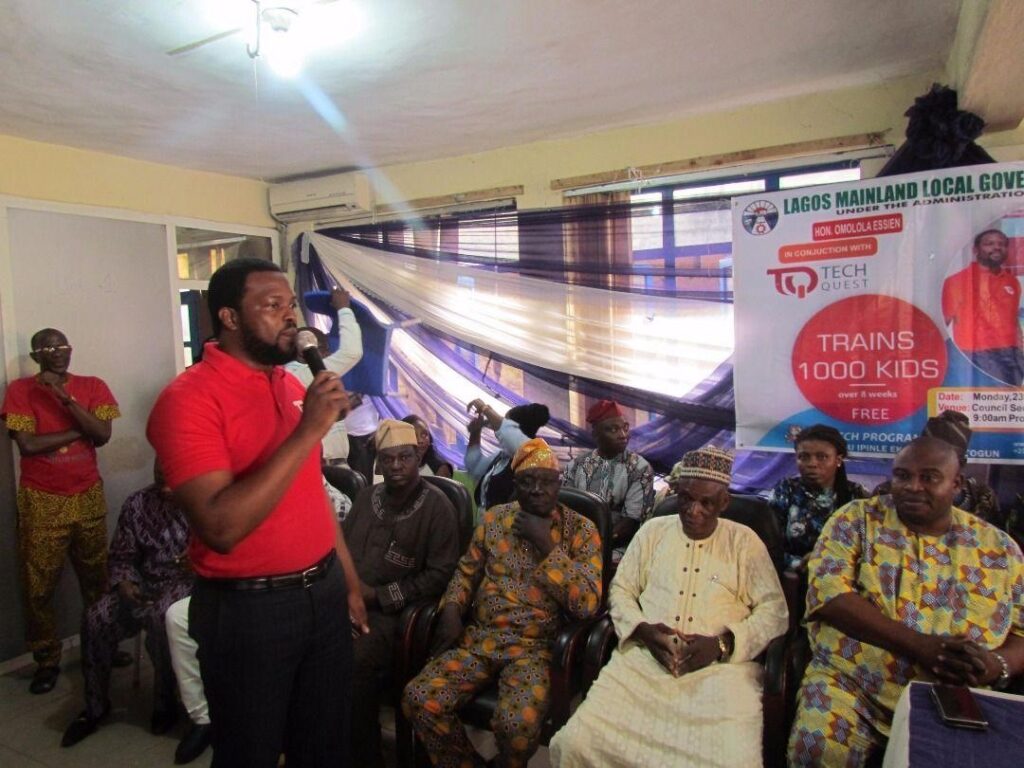
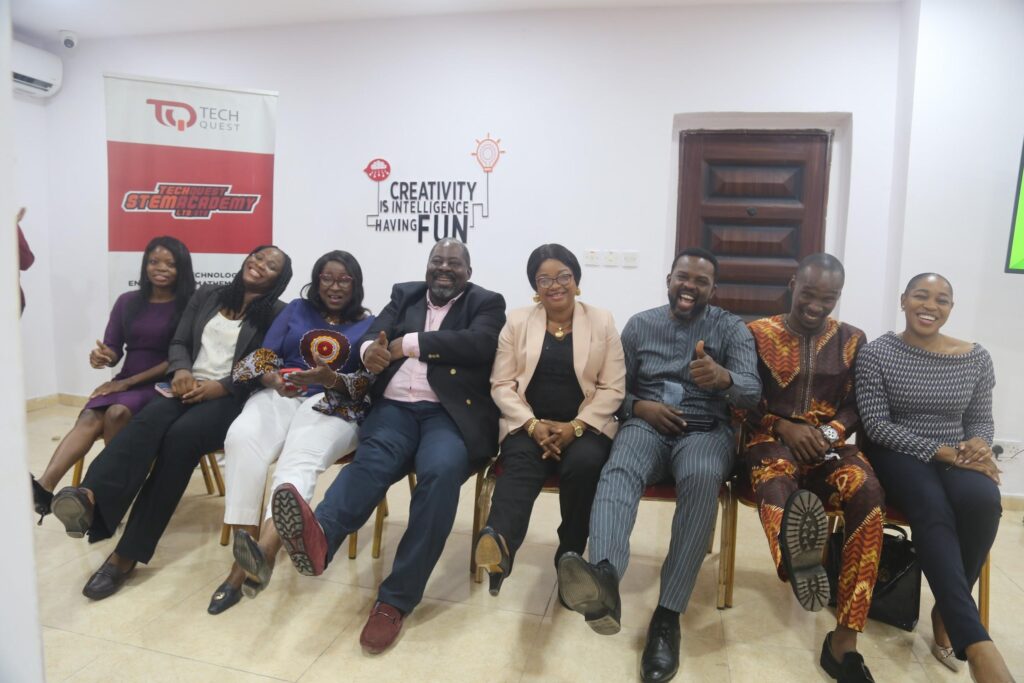
Where do you hope to see Nigeria and Africa’s innovative economy in 10 year’s time?
Well, I’m an incurable optimist so I’m betting on Nigeria and I will keep betting on Nigeria. You know, I missed the first ‘Japa’ wave. That was before it even became a word. I missed the second one too so we are here. I can tell you that we are here because Nigeria’s potential will materialize. We just need the right leadership, and we do have some already in certain spaces. We just need to galvanize that action. And I’m not talking about political leadership alone, even religious leadership. I mean, a lot of what people are learning nowadays are in places of religious worship; school leadership is there and of course, the governments. Traditional leadership too. So, if only we are able to galvanize action on this. Somebody challenged me recently and asked me if I’d be happy to take up a local government position. You know the debate on local government autonomy has been on for some time. I come from a big city, Onitsha. I come from Onitsha proper. And this guy says, do I know the budget or allocation for Onitsha? Would I be happy to pick up the local government chairmanship of my community? He went on to say that I would probably achieve more impact than I can running around doing what I’m doing, because I will have more people, government power and resources at my disposal. It was a big challenge because honestly, I couldn’t immediately say yes.

If you know what I mean. Yes, everybody wants to be governor, everybody wants to be a minister, everybody wants to be president. A lot of people that are learned and exposed, who can actually do the work, don’t want to become a local government chairperson because some parts of it have been bastardized. They no longer see it as public service and the kind of people that have gone into those positions in recent times are not what you want to be known as. But we must change that. And if we bring the right leadership to the table, in 10 years time, Nigeria will dominate. We’re already dominating anyway, to be frank with you, it’s just not at the right level. We have the most Unicorns, for instance, in Africa. We have the most funds, because funds always follow value. Nobody throws away venture capital for the fond of it. So all those are indicators. It’s just that with the value proposition that we have, it’s so undervalued, it’s so under-realized that it is a shame. But I think that 10 years is enough time if we keep marching at this pace, if we keep collaborating, if we keep leveraging networks like ISN instead of the siloed building that we typically would adopt in Nigeria; if government continues to engage, like the wonderful news I woke up to this morning, that is recognizing a collective for collective good, rather than just appointing people for the sake of it, we will be a leader, not just for Africa, but for the world. Nigeria has what it takes to be in the top top five innovative countries in the world. We have everything it takes. It’s just leadership at the right levels that we lack. And then of course, education to support the build. And 10 years is enough time for that.
__________________ Charles is a thoroughbred professional with over eighteen years cognate experience in the areas of telecommunications, IT strategy, project & change management (P3CM). Business transformation and entrepreneurship. He commenced his career in the telecommunications sector with stints at Bourdex Telecoms and GS Telecoms (now Vodacom). He has consistently championed innovation and technology local talent development using a global market approach. He Co-founded Roar Nigeria Hub, Nigeria's first university-embedded, private sector led technology incubator established in partnership with the University of Nigeria in 2016. With more than a decade of experience. He has founded and supported various technology and innovation-focused organizations. He is also the Co-Founder of TechQuest, a not for Profit Science, Technology. Engineering and Mathematics (STEM) Organization. Together, TechQuest and Roar Nigeria have impacted over 60,000 young Nigerians through entrepreneurship support, business incubation, and digital literacy skills. Charles founded Crestsage Limited in 2010, an IT consulting firm delivering enterprise solutions for corporates, academia, and government. Charles is a trained IT architect, certified project manager, and has attended academic programs at institutions like University of Nigeria, Lagos Business School, Lund and Harvard University. Charles is an investor, industry leader, and an international speaker, with several publications and articles. Driven by his passion for collaborative innovation, Charles is the current Board Chairman at Innovation Support Network (ISN) in Nigeria, which represents over 150 incubators, accelerators, and innovation hubs and Co-Convener of Omniverse Africa. This role aligns perfectly with his wealth of experience, ambition and dedication to enhancing strategic collaboration.




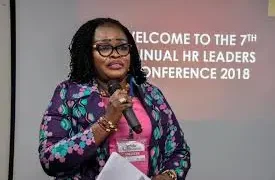













































































 EduTimes Africa, a product of Education Times Africa, is a magazine publication that aims to lend its support to close the yawning gap in Africa's educational development.
EduTimes Africa, a product of Education Times Africa, is a magazine publication that aims to lend its support to close the yawning gap in Africa's educational development.